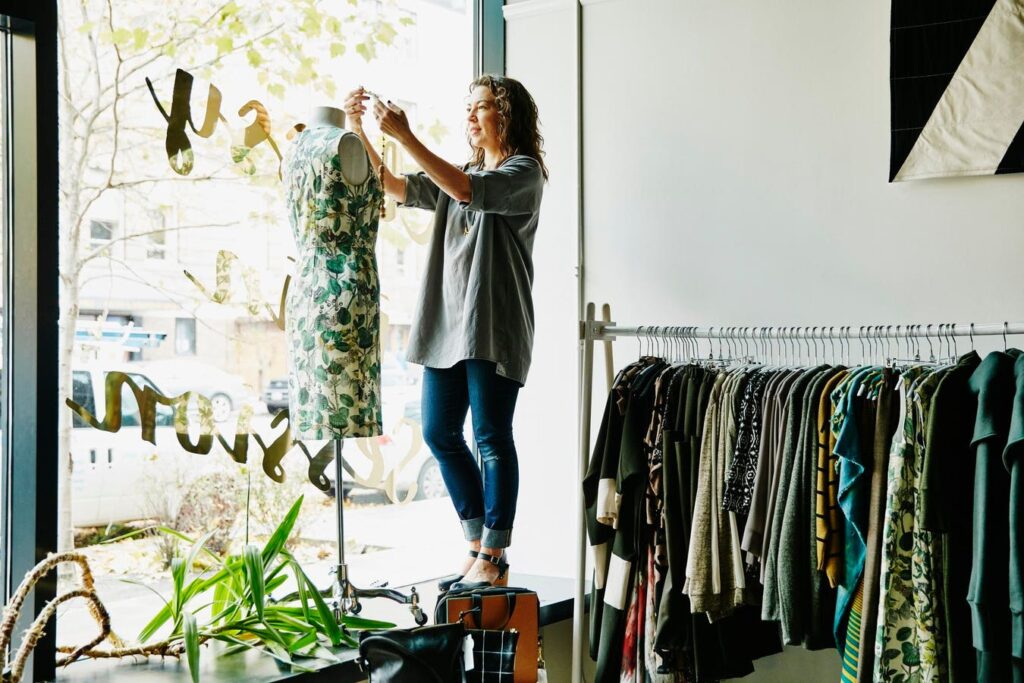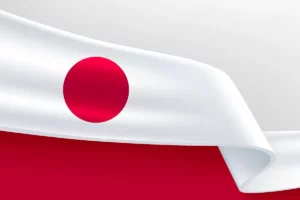
How Fashion Brands Can Tap Into The Rise Of Independent Retail
Independent retail has consistently demonstrated a resilient business model, and it’s no surprise to see the trend of consumers prioritizing shopping at local merchants or those owned by their community. In fact, our company, JOOR, has seen a significant increase in wholesale transaction volume attributed to independent retailers over the past five years, from 47% to 59%. This growth is undeniable, and fashion brands must not overlook this opportunity.
While it’s tempting for many brands to focus solely on department stores and huge chains, there are numerous benefits to partnering with independent retailers. Firstly, these retailers often offer more flexible contractual agreements and are more open to negotiating prices, delivery, payments, and other terms that can help reduce financial strain and enable investment in product development and growth strategies.
Secondly, consumers are increasingly aware of sustainability and choose to shop locally whenever possible. Independent stores also provide a personalized, curated experience that is difficult to replicate in larger retail environments. Of course, if your goal is to rapidly scale your business and achieve immediate global exposure, independent retailers may not be the best fit. Similarly, maximizing revenue might not come as quickly through a single boutique. However, by establishing connections with multiple partners, you can collectively achieve significant volume and revenue goals.
Building a successful retail strategy that incorporates independents requires collaboration with numerous individual partners. This approach may not lead to global domination, but it can still yield substantial profits for many brands. In fact, some independent retailers have built a cult following and boast impressive customer lists, featuring consumers with considerable spending power and cultural influence.
Finding the right retailers is crucial when considering this strategy. Researching potential partnerships through social media, attending relevant retail events, and establishing connections are all viable methods. Additionally, technology platforms specifically designed for wholesale fashion can streamline the process of identifying ideal boutiques and facilitating communication with buyers.
When investing in any new technology, it’s essential to ensure that it aligns with your business objectives and provides precisely what you need, rather than being swayed by testimonials from other brands. Once connected with a retailer, it is vital to present your product offerings in an easy-to-digest format and aesthetically pleasing manner.
Before meeting with retailers, conduct thorough research on the store’s brand mix and verify that your products resonate with their target audience. Personalized outreach and engagement are also essential components of a successful partnership.
The real challenge lies not only in finding potential partners but also in convincing them to meet and discuss opportunities for collaboration. Whether relying on technology or traditional methods, it is imperative to invest time in building lasting relationships with these retailers.
In conclusion, the growth in independent retail is undeniable, and fashion brands would be wise to seize this opportunity. By understanding the benefits of working with independents, including more flexible agreements and a focus on sustainability, as well as adopting innovative technologies to streamline the process, fashion brands can successfully tap into this trend and reap significant profits.
Source: www.forbes.com


